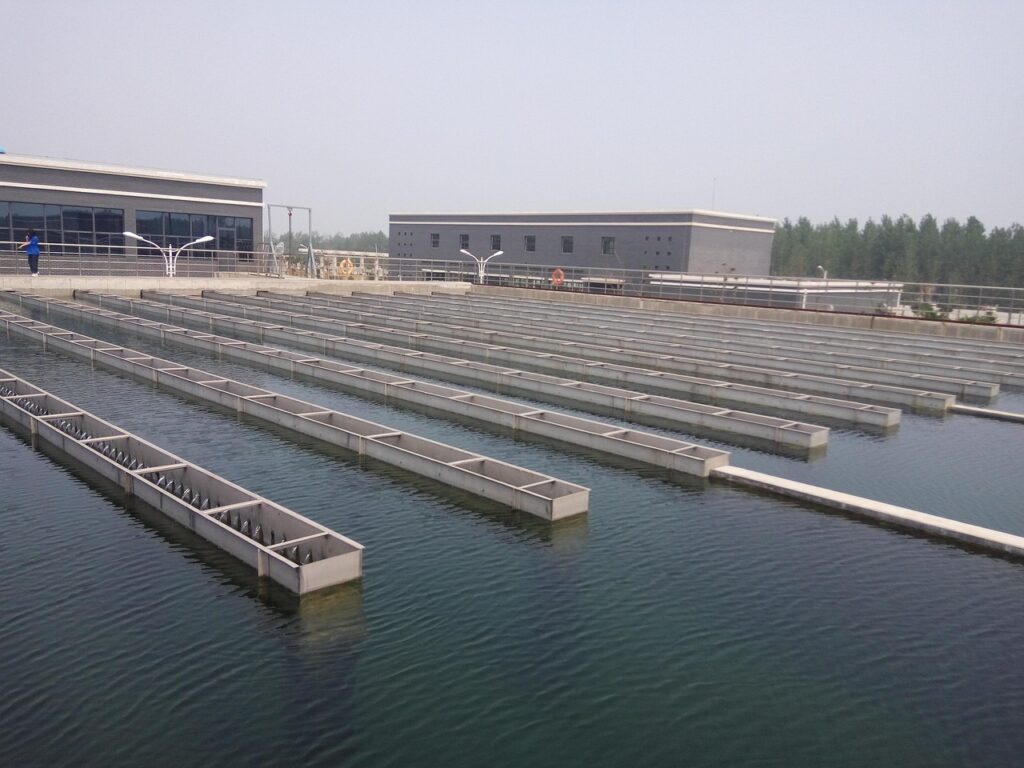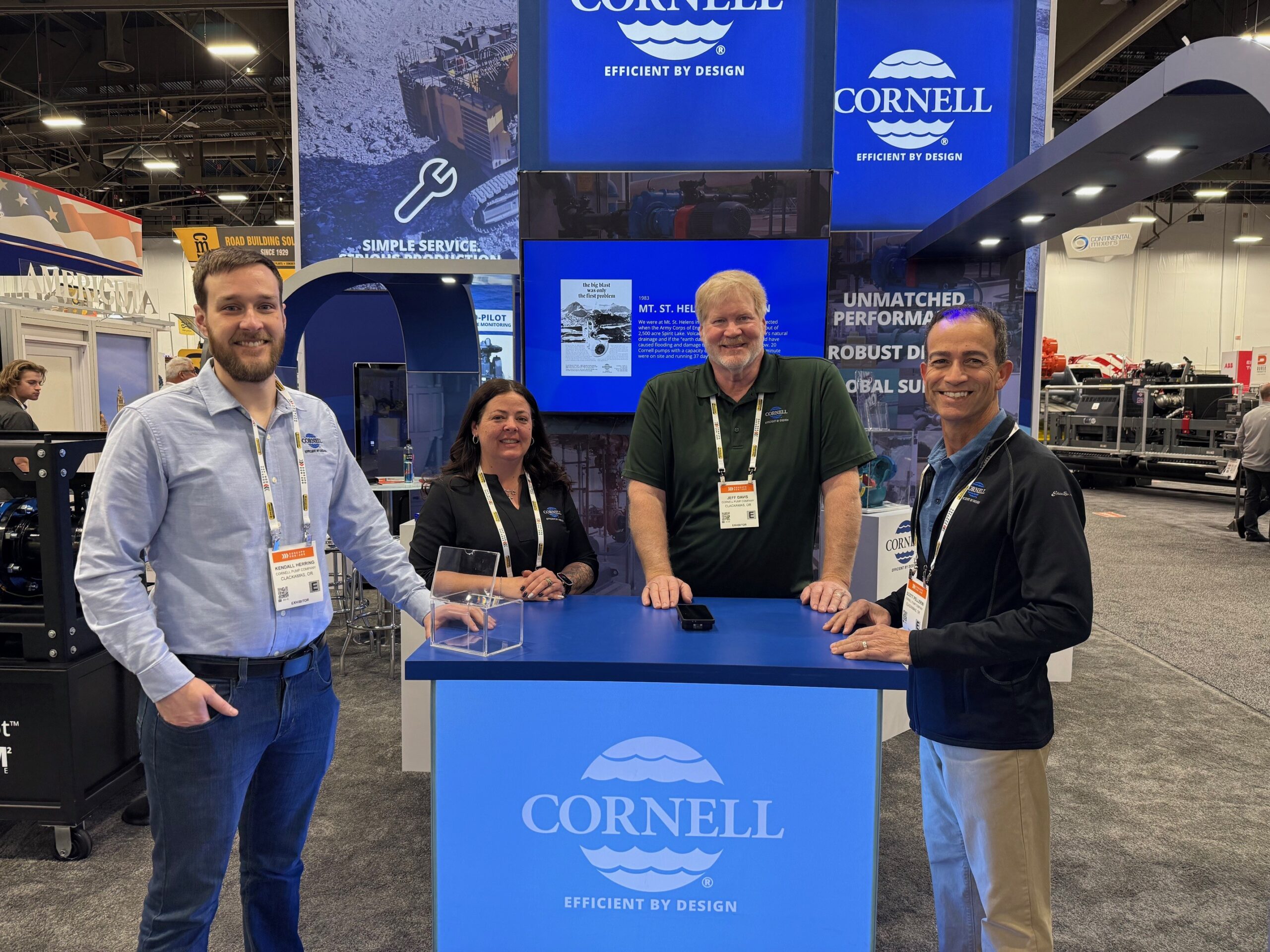1. Implement a Regular Inspection Schedule
Routine visual and mechanical inspections are the foundation of pump care. Operators should look for:
- Unusual vibration or noise, which may indicate misalignment or bearing wear
- Seal leaks, which can progress from minor drips to major failures
- Corrosion, erosion, or build-up that can impact pump efficiency
Documenting inspections and trending data over time allows early detection of issues before they become expensive failures.
2. Prioritize Seal and Bearing Maintenance
Mechanical seals and bearings are often the first components to wear down. Preventive practices include:
- Ensuring seals are properly lubricated and flushed
- Replacing worn bearings before they cause shaft damage
- Using upgraded sealing technology, such as Cornell’s Cycloseal® system, which keeps solids and abrasives away from the seal faces
These measures reduce unplanned shutdowns and extend the life of major rotating components.
3. Monitor Bearing Temperature and Vibration
Bearings are critical to pump performance and longevity. Monitoring both temperature and vibration should be a standard part of every maintenance program.
- Abnormal temperature increases often signal lubrication issues, misalignment, or early-stage bearing failure
- Vibration analysis helps detect imbalance, cavitation, or looseness before problems escalate
By adding sensors or routine manual checks, municipalities can identify problems early and protect one of the pump’s most vital components.
4. Monitor Operating Conditions
Operating outside of design parameters, whether pressure, temperature, or flow, places added stress on pumps. Municipal operators should:
- Verify pumps are not running against closed valves (deadheading)
- Avoid extended operation at shutoff or very low flow conditions
- Install monitoring devices for vibration, temperature, and pressure to give real-time performance feedback
Smart monitoring helps municipalities respond quickly to small changes before they cause catastrophic failures.
5. Maintain Proper Lubrication
Lubrication plays a major role in pump reliability. Best practices include:
- Using the manufacturer-recommended lubricants for bearings and gearboxes
- Following precise intervals for oil changes and grease replenishment
- Avoiding over-lubrication, which can damage seals and bearings as much as under-lubrication
Automated lubrication systems or scheduled service logs can help ensure consistency.
6. Keep Systems Clean
Dirt, debris, and scale are pump killers. Municipalities can extend equipment life by:
- Installing and maintaining strainers or filters
- Flushing systems after service interruptions or high-solids events
- Keeping suction piping free from obstructions to avoid cavitation
A clean system ensures the pump operates under the conditions it was designed for.
7. Align and Balance Equipment
Misalignment between the pump and driver (motor or engine) leads to vibration, heat, and premature failure. Proper alignment should be checked:
- During installation
- After moving or disturbing equipment
- Whenever seals or bearings are replaced
Similarly, impellers should be balanced to minimize vibration and wear.
8. Train and Empower Operators
The best maintenance program is only as strong as the people carrying it out. Training operators to recognize early warning signs and empowering them to take action ensures pumps get the attention they need.
Conclusion
Municipal pumps are built to last, but only if they are maintained with care. By focusing on inspections, seals and bearings, bearing temperature and vibration monitoring, lubrication, alignment, and operator training, municipalities can extend pump life, improve reliability, and reduce lifecycle costs.
Cornell Pump has been partnering with municipalities for decades, delivering efficient, durable pump solutions backed by real-world expertise. With the right maintenance practices, your pumps can keep serving your community for decades to come.




